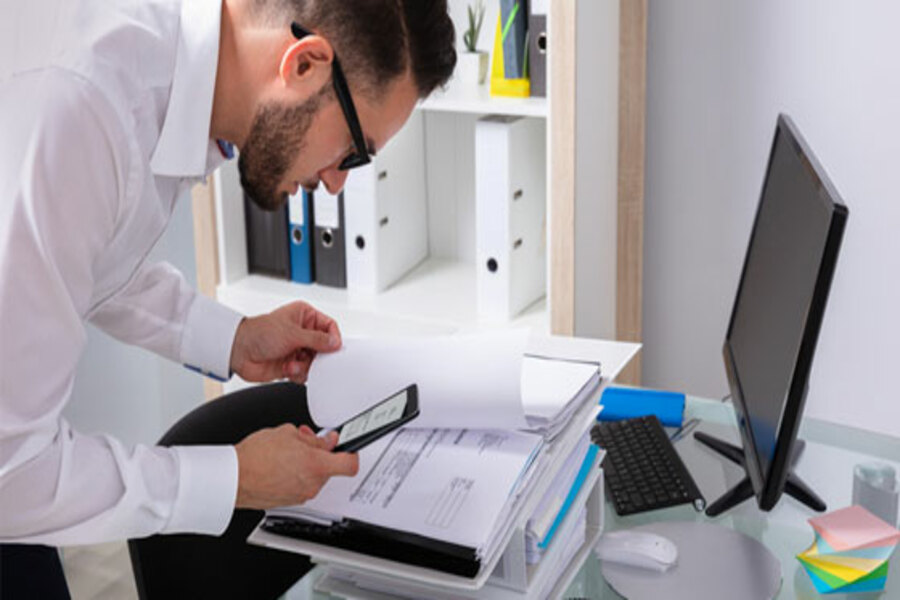Partially Empty Offices Can Be Fertile Ground For Theft

If most of your employees have worked from home since the start of the pandemic or are only gradually transitioning back to onsite work, your office may be emptier than in pre-COVID days. This can make theft easier. “Creepers” can gain access to offices or other physical facilities via unlocked doors and social engineering techniques and steal whatever they can get their hands on. They may even engage in corporate espionage and network hacking.
Common schemes
In a common creeper scheme, individuals pose as employees. They might enter a normally locked office by chatting with employees outside the building, then follow them through the door. If questioned, they could claim they left their badges at home. When the coast is clear, they steal purses, mobile devices and other valuables left on desks or in unsecured drawers.
Or creepers employed by rival companies could enter an office after hours with a stolen keycard or through an unlocked door. They might wear office-appropriate clothing and move confidently. That way, if building security or someone else questions them, they’re better able to pretend they have every right to be in the office. They may steal confidential information, such as printouts of sales numbers or blueprints of new products, or even hack into a business’s IT network.
In other cases, creepers use uniforms and props such as mops, toolboxes and clipboards to pose as cleaners and maintenance workers. They may wear stolen or forged ID badges, assuming that no one will examine them too closely — and they’re usually right.
Taking proactive steps
To protect your business and its employees’ property, keep all doors locked, even during work hours. Issue keycards and photo-ID badges to workers and instruct them to be on the lookout for possible intruders. They shouldn’t automatically assume, for example, that someone wearing coveralls and carrying a ladder is authorized to be there. And they shouldn’t unlock the door for anyone — even if that person seems like an employee — unless they know for certain he or she is.
If workers are uncomfortable approaching a possible intruder, they should immediately report the person to your office manager or building security. The stranger in question may well be an authorized visitor, but it’s better to be safe than sorry. Also ask employees to report the presence of former employees. They may claim they’re visiting old coworkers, but in reality, they may have been recruited to carry out corporate espionage.
Even if you don’t keep high-value inventory or electronics on the premises, install security cameras. And instruct employees to lock up purses, wallets, keys and mobile phones whenever they leave their workspaces — even if it’s only for a few minutes. All computers should be password-protected.
Employees are the best defense
Even if your office or physical facility is fully staffed, criminals can find ways to infiltrate the space by blending in with the crowd. Regularly warn employees about suspicious signs. They can be your best defense.
(This is Blog Post #1240)


